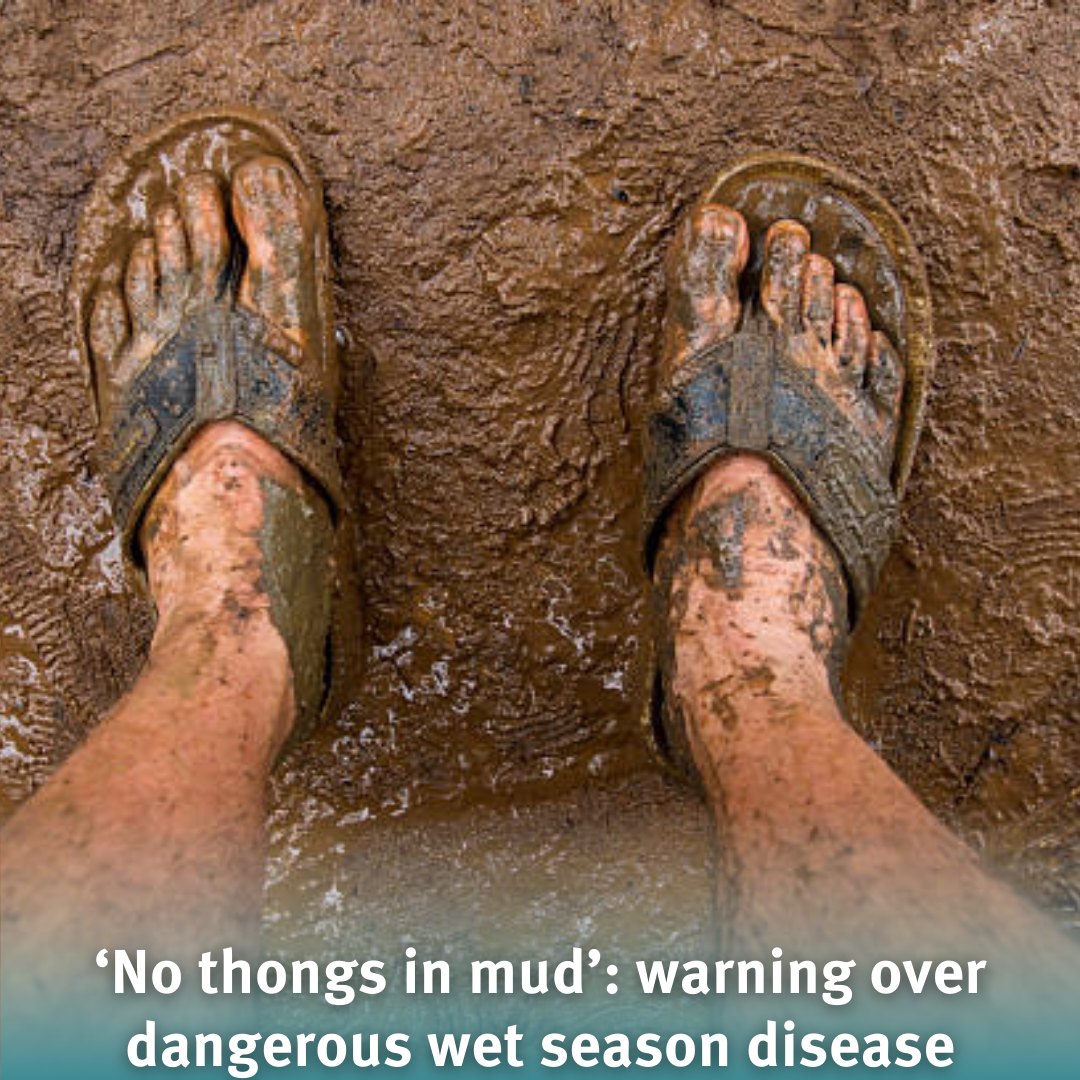
HEALTH WARNING: Melioidosis cases rise to 30 and two deaths
Health Alert

FAR North Queenslanders are being reminded to stay alert to symptoms of a dangerous seasonal disease, with cases of melioidosis taking a fatal toll.
The Cairns and Hinterland Hospital and Health Service has recorded 30 cases of melioidosis since 1 January, including, sadly, two patient deaths.
Tropical Public Health Services director Dr Jacqui Murdoch said this was a higher-than-average number of cases for this time of the year.
“There has been a relatively late start to the monsoonal season for us here in Cairns, so people need to be aware that seasonal diseases such as melioidosis are likely to continue to be a danger for a longer period,” Dr Murdoch said.
“Melioidosis is a serious disease found in ground water and soil, and it can cause death in up to 20 per cent of treated cases.
“Early recognition and treatment are vital.” Dr Murdoch said the disease occurred when skin abrasions or wounds came into contact with wet soil or water contaminated by the bacteria Burkholderia pseudomallei.
“Melioidosis is very uncommon in healthy adults, and rarely seen in children, but can occasionally occur in people with diabetes, kidney problems, lung problems and people on medication that lowers their immune system,” she said.
“Symptoms of acute Melioidosis may include fever, cough and difficulty breathing; the effects can be very severe and often require hospitalisation for antibiotic treatment.
“Sometimes the disease presents as superficial skin infections or abscesses in various part of the body.
“If anyone has noticed non-healing wounds or persistent fevers over several weeks, then they should be seen by their GP and checked for this infection, as it can require prolonged antibiotic treatment.”
Dr Murdoch urged those at risk of serious illness, such as people with diabetes, kidney problems, lung problems and people on medication that lowers their immune system, to take precautions to avoid infection.
“Try not to work outside if it’s raining, control your diabetes, and try to reduce your alcohol intake,” he said.
“When you go outside, wear protective footwear and gloves, wash your skin thoroughly after exposure to soil or muddy water, and wear a mask if you’re using a hose or high-pressure cleaner around soil.
“If you are immunosuppressed and you develop a chest infection or fever, it’s important to seek medical assistance.”
You can learn more about melioidosis by calling 13 HEALTH (13 43 25 84) or visiting www.qld.gov.au/health/condition/infections-and-parasites/bacterial-infections/melioidosis
Support public interest journalism
Help us to continue covering local stories that matter. Please consider supporting below.